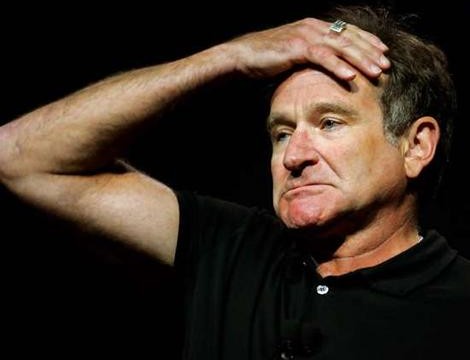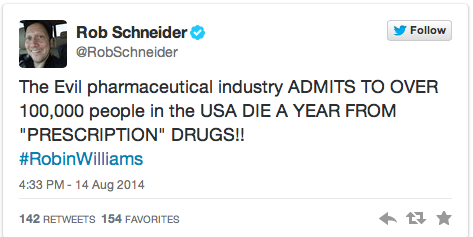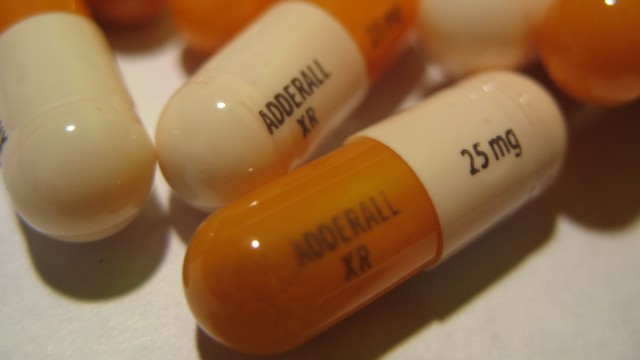“And it is of course true that pharmacologists are producing a great many new wonder drugs where the cure is almost worse than the disease. Every year the new edition of medical textbooks contains a longer and longer chapter of what are diseases, that is to say diseases caused by doctors. And this is quite true, many of the wonder drugs are extremely dangerous. I mean they can produce extraordinary effects, and in critical conditions they should certainly be used, but they should be used with the utmost caution. But there is evidently a whole class of drugs effecting the CNS which can produce enormous changes in sedation in euphoria in energizing the whole mental process without doing any perceptible harm to the human body, and this presents to me the most extraordinary revolution.”
Those are the words of Aldous Huxley, an English born philosopher, writer, and prophet who examined life and wrote books predicting tv, and its affects of influence and persuasion back in 1932 far before tv was a household use. Huxleys now famous 1964 Berkley Speech consists of the aforementioned quote, where he briefly spoke on the affects of a greater interest in pharmacology; whos results, he predicted, would be mass induced into people with affects far worst than the actual symptoms that demanded them. This same kind of affect can be seen and associated with medical commercials we see today hounding television screens where forty seconds of the minute-long commercial is dedicated to the affects one must look out for; and as of now, companies are liable to publicly detail.
Why, or what are the intentions that exactly cause this result go no further than the fact that medication is also a business. Pharmaceutical companies hold back on means of extinguishing their business the same way throughout the course of history companies, for lack of a better term, buy other companies and “bury” them; so that business is not be affected, the same way that a cure could possibly affect profit. A simple, but affective, example of this could be when Madden NFL bought Blitz. A game who statistically was successful alongside its Madden counterpart, and was sold at a discounted price. Madden eventually went to buy the company only to never use any of its uses. The game, hypothetically, was the cure to a better means of gaming experience; but for the sake of stopping it short before it cut into Maddens business, the company bought out the better game and watched it sit. However what happens when you yourself have the cure? Aware of its possible affect in business. It is safe to assume a company may not want to create its own destruction, but do anything to maintain business.
Apply this thinking when assuming companies rather find medication to maintain an illness rather than heal it totally and eradicate its use. Rather than diminish the symptom, fix a problem once, and lose a customer forever; they more-than-likely may want to assure a customers return with monthly medication. Drugs prescribed today have side affects that maintain our very illnesses. For example, Robin williams suffered from depression, and in obtaining Parkinson’s, he was given treatment who’s side affect was suicide. For anyone whos suffered even mild depression has experienced thoughts of finding means to escape himself and any illness that haunts him, which in part is a major reason for the spike in drug use and liquor addiction today. In most recent decades, as both self medication and liquor finds itself in maintstream media and thought, the escape of these means have been propogated for reasons of healing, flipped around for different purposes, with many contingents depending on its use; however its result is always a customers return.
In Robin Williams case, and according to his friend, Rob Schneider, he was not healed. He was influenced to kill himself based upon a side affect to a medication who’s supposed use was to diminish the grief. However, It may have been the very reason.
Another example and topic to highlight when balancing Huxleys theory and todays current state is in the example of kids diognosed today with ADHD. Today, about 11 percent of school-age children in the United States — and 19 percent of high-school-age boys — have been diagnosed with attention-deficit/hyperactivity disorder (ADHD), according to U.S. Centers for Disease Control and Prevention data. The figures show that about 6.4 million children aged 4 to 17 have been diagnosed with ADHD at some point in their lives, a 16 percent rise since 2007 and a 53 percent increase over the past decade, The New York Times has reported.
Also, about two-thirds of kids with a current diagnosis of ADHD take prescription drugs such as Adderal and Ritalin, which can improve the lives of patients, but may also lead to addiction, anxiety and even psychosis, the report said. As the numbers of people who are medicated increase, so does the profit from insurance companies and out of pocket payments from others who become dependant on the medication. To sum it up, at the expense of business growth, we are being affected. The data could add to growing concern among many doctors that the ADHD diagnosis and its drug treatments are overused in American children, and patients like Williams. The numbers of medications only continue to rise where many of us are becoming dependent on pharmaceutical solutions like Huxley predicted; and there should only be cause for concern.
If Robin William’s death does anything, let it create an awareness in patients who may need to question or at-least consider side affects of the medication they are prescribed, before recklessly diving into its affects. For, as long as there is a means of higher interests attached to income with the people as the levy for its growth, we will always be predisposed to interest that don’t match our needs. It is time to be aware.
– Hurtjohn (@Mr_Hurtado_)




